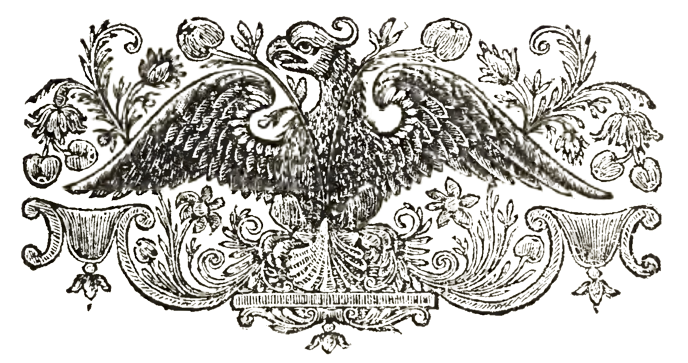
I am currently working on a book project tentatively titled Remembering the Sabbath: Law, Labor, and Liberty in Seventeenth-Century English Literature. It examines literary writings about the Sabbath in early modern England and demonstrates that arguments for Sabbath-keeping were not only arguments for a "Protestant work ethic" that contributed to the decline of “merry England,” as is often supposed. Rather, literary authors from a range of political and religious affiliations found in the Sabbath—particularly in Jewish teachings about the Sabbath in the Hebrew Bible, the Kabbalah, and Jewish culture—a radical symbol of rest, liberation, equality, and justice. In Jewish teaching, the Sabbath regulates rest and labor, celebrates liberation from Egyptian slavery, and functions as a time for weddings and sexual unions. The related sabbatical year and year of jubilee also provide times for the land to lie fallow, debts to be forgiven, and slaves to be released. Early modern Christian writers drew on these themes in the Sabbath’s heritage to protest exploitative labor practices, envision more equitable and inclusive romantic and sexual relationships, and critique the African slave trade. I begin the study with the lyrics of Herrick and Marvell; then turn to Milton’s divorce tracts, Paradise Lost, and Samson Agonistes; and conclude with Behn’s Oroonoko.
"Spinoza's Translation of Margaret Fell and His Portrayal of Judaism in the Theological Political Treatise." The Seventeenth Century 34, no. 1 (2019): 89-106. Access article.
Abstract: The English Quaker Margaret Fell worked hard to have her conversionist pamphlets to Dutch Jews translated into Hebrew, and Richard Popkin has suggested that Spinoza was Fell’s translator. This article offers further evidence for Popkin’s claim by suggesting that Fell’s influence can be seen in chapters 4 and 5 of Spinoza’s Theological-Political Treatise. Fell’s and Spinoza’s remarks about Judaism and Jewish ceremonies bear significant similarities, as do the biblical passages they use to support their statements. Spinoza also challenges Fell’s arguments, though, by resisting her Pauline method of reading the Hebrew Bible and reading with a historicist method instead. Spinoza’s apparent use and revision of Fell’s arguments are significant because they speak to the role of the Quakers – and, notably, of a Quaker woman – in early modern intellectual history and because they sharpen our view of Spinoza’s opinions of Judaism.
"'Not in their idol-worship, but by labor': The Sabbath and the Book of Isaiah in Samson Agonistes." Milton Studies 60, no. 1-2 (2018): 134-156. Access article.
Abstract: This article reconsiders Samson's relationship to Hebrew law and Christian liberty in Samson Agonistes by reading the drama alongside the seventeenth-century Sabbath debates. Milton, like many participants in the debates, was especially intrigued by the Sabbath teachings in Isaiah's final chapters. Isaiah seemingly offered an opportunity to unite the Hebrew and Christian scriptures because the book both exhorted readers to observe Hebrew Sabbath law and could be read as prefiguring Christ's work to free the oppressed. Amidst these discussions, Milton's Samson emerges as an Isaian hero who anticipates Christ's liberating labors not by breaking Hebrew law but by obeying it.
This article won the 2018 James Holly Hanford Article Award, given annually by the Milton Society of America for the best article on John Milton.
"Defining Religion in Milton." Co-edited with Stephen M. Fallon. Religion and Literature 45, no. 1 (Spring 2013): 132-208. Access forum.
